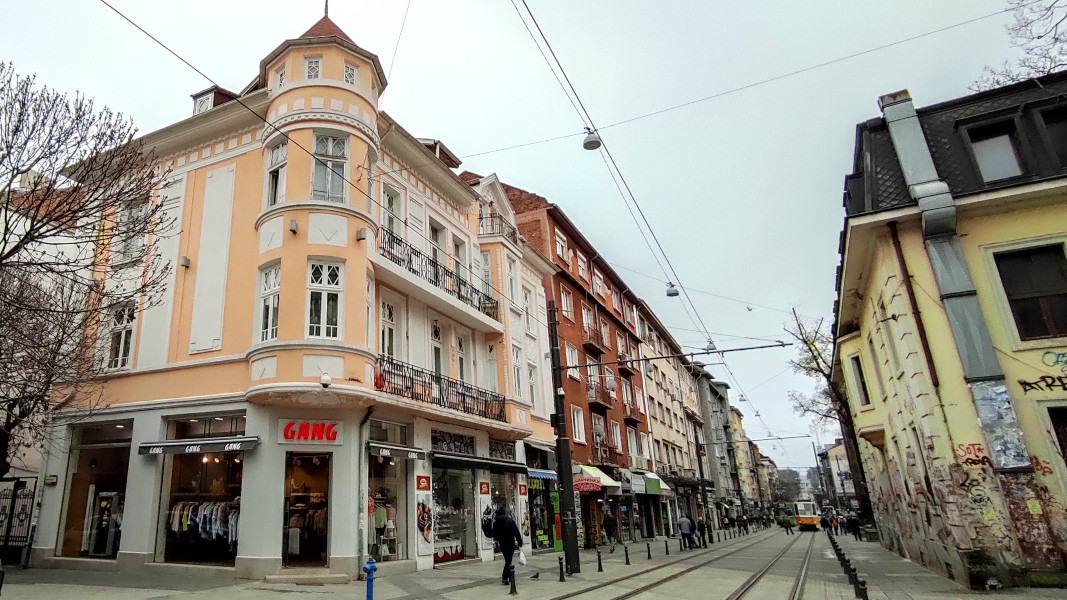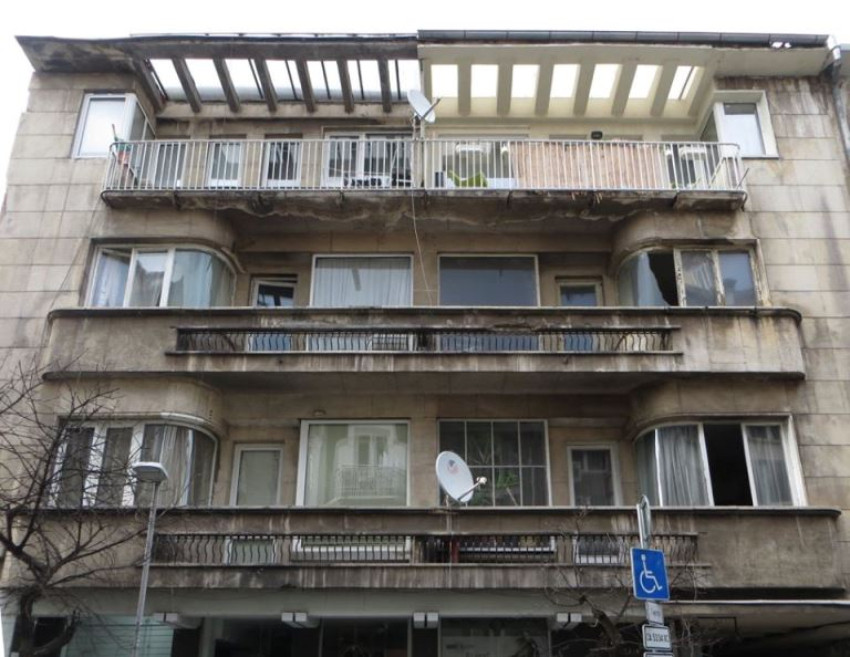There are more than 1,400 sites in the Bulgarian capital city that are part of the immovable cultural heritage of the country. However, just 600 of them have protected status, Lyubomir Georgiev, former head of the municipal company "Sofiaplan," says. Cumbersome administrative procedures and irregularities in the paper-form documents of many of these buildings allow data on their condition and status to be manipulated and hinder the assessment of what could be valuable to society and professionals.
In a report published back in 2019, the National Audit Office pointed out a number of deficits both in the legislation regulating the protection of immovable cultural monuments and in terms of control over their preservation. While the institutions are transferring responsibility to each other, many buildings have been left at the mercy of time and Bulgarian cities have been losing their characteristic appearance.

However, there is hope and it lies in better knowledge of the history and condition of the buildings that still preserve the memory of past times. This is the key to more active citizens’ participation in the debate on their protection. The reason is that people tend to love and cherish the things they know well.

"Our mission is not focused on working with the institutions, but rather on making the destruction of such buildings public and on pointing out the existence of such a problem. In this way we hope that people who have decided to take destructive actions against such buildings can come to their senses and stop their activities," Vassil Makarinov, curator at the National Polytechnic Museum in Sofia, has told Radio Bulgaria.
Although it costs a lot of effort and dedication, the task is achievable, as shown by the work of Vassil and his associates. United by their love of architectural heritage in the Bulgarian Modernist Architecture Foundation, they have already achieved an important victory - preventing the destruction of Terminal 1 at Sofia Airport, which is a valuable example of architecture from the 1940s.

Let's get to know the architectural heritage of the early twentieth century
Vassil Makarinov and his friends offer special tours of Sofia that make people acquainted with architecture from the first decades of the twentieth century. Participants in the tours can also see the interior of two exclusive apartments with preserved authentic spirit of a past era.
It is difficult to say how many inhabited and well-maintained buildings like these still exist. But it can be assumed that their number has been rapidly decreasing. Evidence of this are many discarded characteristic ornaments, doors, windows and furniture, Vassil Makarinov says.

"By visiting such interiors, we want to show that even today it is possible to live in such a space,” he says. “In order to make a place good for living, it is not always necessary to undertake a spectacular reconstruction. Owners could restore the authentic interior and this could lead to a rise in the property’s value."
The team of friends have been involved in active research work around the country. In early May they plan a tour in the city of Varna, dedicated to the buildings constructed in the period between the First World War and the Second World War.
English: Alexander Markov
Photos: BGNES, foundationbma.orgModernizing critical thinking skills, fact-checking skills and media literacy are essential for society, especially for young people in Bulgaria - the country with one of the lowest media literacy indices in the EU, reports the educational platform..
The residents of Pleven (Central North Bulgaria) will bid farewell to 2024 with a Christmas Town and meetings with Santa Claus. This year's festive program of the local municipality will start on December 2 with the Christmas tree lighting ceremony at..
An innovation for the treatment of diabetic foot ulcer using the patient's own tissue and artificial intelligence has been implemented at the University Multi-profile Hospital for Active Treatment-Burgas. Bulgaria is the fourth European country to start..
Modernizing critical thinking skills, fact-checking skills and media literacy are essential for society, especially for young people in Bulgaria - the..
"You say you are Bulgarian, but you do not know Bulgarian" – this reproach from officials in Bulgaria has been faced by quite a few by our compatriots..
The survival of millions of people around the world, living in conditions of war, hunger, disease and immense despair, is at stake every day. We often..

+359 2 9336 661
